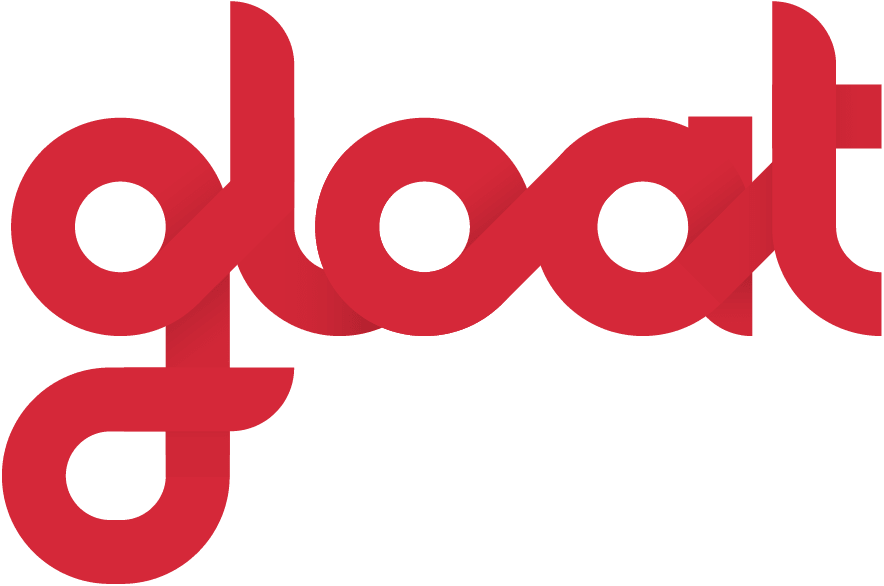Why your enterprise’s skill management is a mess
To manage skills, you first need to know who’s capable of what, when, and where. For large enterprises, that’s a herculean task. But it doesn’t have to be.

An argument can be made that management – of any kind – ultimately always boils down to skill management. After all, what good leaders do is know who their people are, what they’re capable of, and when to utilize their available skills to achieve the best results in a given situation.
In small organizations, that usually means getting to know your employees personally, spending time with them, and learning to assess what they can and can’t do (and therefore, what the organization can and can’t do) regardless of designated roles.
The larger a company grows, however, the more difficult and less personal this task becomes. In very large enterprises, personal familiarity with every employee is literally impossible for high ranking executives, and subsequently, the task of tracking and mapping skills throughout the organizations is relegated to technology. In the process, a lot of knowledge and capabilities are lost. In a large enough organization, even with advanced HR technology, the perfect person to fill a new position or take part in an upcoming project could be working in the room next door to the person planning it, but the two may never connect.
So why does that happen? And, more importantly, what can leaders do to change this?
The answer is a little more complicated than most people think.
The Skill Mapping Challenge
First, it’s important to understand that skill management can’t just be relegated to departments or business units. It does, of course, need to happen at every scale, including within small, dedicated teams, but in large-enough organizations, if you truly want to maximize the potential of your workforce, you need to know what skills are distributed throughout the company at every level. This kind of knowledge allows decision-makers, who have a perspective and understanding of the company’s needs that mid-level managers simply cannot possess, to look at the resources available to them and connect dots that lower-level decision-makers would never be able to.
To make that kind of information accessible in any meaningful way, though, requires processing every employee’s professional experience and skills, and feeding them into a system that can analyze them in light of company needs, and provide meaningful insights.
In short, it means translating employees’ résumés into indexable data.
But that’s easier said than done. Even without different professional contexts and language barriers to take into account, the skills of a computer programmer and a software engineer, for instance, can be very similar, but in a system that doesn’t know how to process them, would be read as two entirely distinct professions. Alternately, a QA engineer coming from a consumer goods production background is nothing like a QA engineer coming from a software-oriented environment – yet both would probably come up as relevant potential candidates for the same role in a system that doesn’t know how to take the broader context of their résumés into account. But while context is everything, it doesn’t mean the problem is outside the breadth or scope of a technological solution.
Processing Natural Language
Natural Language Processing (NLP) is a field of study that’s part of the broader science of Artificial Intelligence. NLP has everything to do with helping computers “understand” language in a way that’s similar to the way us humans understand it. Even if you’re not familiar with the term “NLP,” it’s very likely that you’ve used products that rely on it heavily; whether it’s asking Alexa to order groceries, telling Siri to set an alarm for tomorrow morning, or even just typing a question into Google’s famously minimalistic search bar, NLP processes are at the heart of these functionalities, taking your unstructured, free-flowing queries and “translating” them into commands that computers and software can make sense of.
Still, most of the NLP services most people are familiar with today are consumer-grade products. Most HR-focused platforms, including skill management ones, have yet to catch up. But those systems which do have true NLP that’s skills- and experience-specific, are now revolutionizing the way skills management can be conducted.
Understanding Context
Skill management platforms that incorporate NLP into their offering have a significant edge over those who continue to stick with more traditional, manual skill-mapping. By taking all of an employee’s unstructured résumé into account and placing it in the proper context, these systems can infer skills in meaningful ways, even if no-one would have thought to manually enter them into the system. Not only does this make existing skills and their distribution throughout the organization more accessible to decision-makers at every scale – but, when paired with a Talent Marketplace or smart career pathing tools, can give a dynamic, ever-adapting picture of the skill sets individuals can offer.
But that’s just part of the picture.
Making Data-Gathering an Interest of the Employee
While NLP and AI make data-gathering and skill-mapping easier, they’re only part of the solution. For many organizations, gathering data about employees is a one-way street. While the organization and executives stand to gain a lot from mapping out skills, individual employees don’t really have a vested interest in making sure their entire skill set is available for the company to see. That’s because most companies don’t take the time to align their employees’ interests with their own.
Creating a culture of personal and professional growth within the company, however, changes all that, especially if paired with career pathing tools that ensure employees’ growth is aligned with the company’s.
With that kind of dynamic in place, companies don’t have to just “pull” information about their employees, who remain passive throughout the process – employees will actually proactively offer that information, as their interests align with the organization’s.








